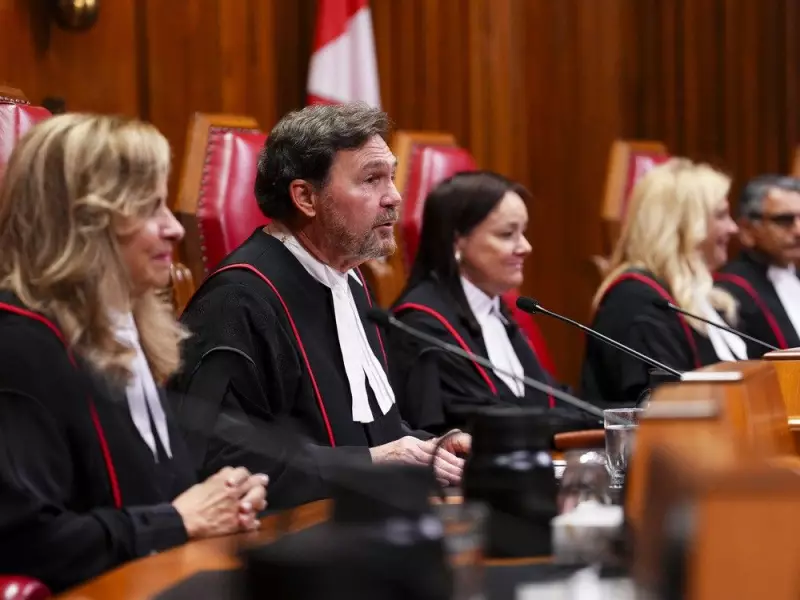
A growing chorus of legal experts and political observers are raising alarm bells about what they see as an unprecedented shift in Canada's constitutional balance of power. The very foundation of Canadian democracy—the delicate dance between parliamentary sovereignty and judicial review—appears to be tilting dangerously toward the courts.
The Charter's Expanding Shadow
Since the Charter of Rights and Freedoms became Canada's supreme law in 1982, courts have gradually expanded their interpretation of its provisions. What began as reasonable judicial review has evolved into what critics call judicial activism on an alarming scale. Courts are increasingly rewriting legislation rather than simply striking down unconstitutional laws.
When Interpretation Becomes Legislation
The most concerning development involves judges not just identifying Charter violations but actively rewriting statutes to fit their interpretation of constitutional requirements. This practice, known as reading in or reading down, effectively transforms courts from judicial bodies into quasi-legislative ones.
Several high-profile cases demonstrate this trend:
- Expansive interpretations of fundamental justice that go beyond original intent
- Judicial rewriting of criminal sentencing provisions
- Court-ordered changes to parliamentary procedures
- Redefinition of constitutional division of powers
The Democratic Deficit
This judicial expansion creates what political scientists call a democratic deficit. When appointed judges rather than elected parliamentarians make fundamental policy decisions, the basic principle of democratic accountability is compromised. Citizens lose their voice in shaping the laws that govern them.
Parliamentary Sovereignty Under Threat
Canada's tradition of parliamentary sovereignty, inherited from British constitutional practice, assumes that elected representatives should have the final say on policy matters. The current trend of judicial decision-making challenges this centuries-old principle, creating what some describe as government by judiciary.
The Road Ahead: Rebalancing Powers
Legal scholars propose several solutions to restore constitutional balance:
- Judicial restraint in Charter interpretation
- Clearer guidelines for when courts should defer to parliamentary judgment
- Legislative mechanisms to respond to judicial rulings
- Greater transparency in judicial appointments
The question remains whether Canada's legal and political institutions can correct course before the damage to democratic processes becomes irreversible. As one constitutional expert noted, "When judges legislate, democracy withers."
The ongoing tension between judicial review and parliamentary authority represents one of the most significant constitutional challenges facing Canada today. How this balance is struck will determine the health of Canadian democracy for generations to come.






